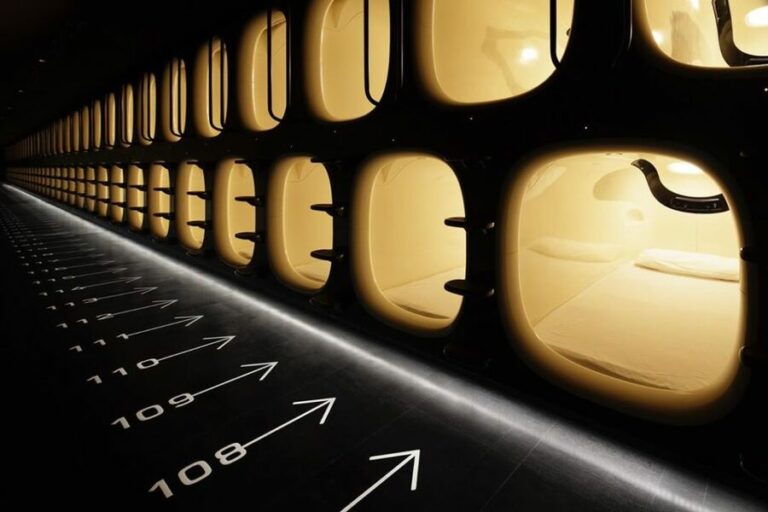In the realm of Japanese business culture, where collaboration, hierarchy, and group harmony are paramount, understanding the dynamics of individual personalities is a key aspect of fostering successful teamwork. Personality tests have gained recognition as valuable tools in assessing and enhancing team dynamics within Japanese organizations. In this article, we explore the role of personality tests within the unique context of Japanese business culture and how they contribute to building cohesive, harmonious teams.
Cultural Emphasis on Harmony:
Japanese business culture places a strong emphasis on group harmony, known as “wa.” Achieving a sense of unity and cooperation among team members is crucial. Personality tests play a role in understanding individual strengths, communication styles, and potential areas of conflict to maintain a harmonious working environment.
Team-Based Decision-Making:
Decision-making in Japanese businesses often involves collective input, and understanding team members’ personalities is integral to this process. Personality tests provide insights into individual preferences, decision-making styles, and approaches to problem-solving, facilitating more informed and collaborative team decisions.
Building Effective Communication:
Communication is a cornerstone of successful teamwork. Personality tests help identify communication styles and preferences within the team. Understanding whether team members are more inclined towards direct or indirect communication aids in fostering clear and effective exchanges of information, minimizing misunderstandings.
Respecting Hierarchy and Roles:
Japanese business culture is characterized by a strong respect for hierarchy and well-defined roles. Personality tests help illuminate individual strengths and preferences, allowing team leaders to assign tasks and responsibilities based on each member’s unique qualities. This supports a balanced and efficient workflow within the hierarchical structure.
Identifying Complementary Skill Sets:
Personality tests help reveal diverse skill sets within the team. Recognizing and leveraging complementary skills can enhance overall team effectiveness. By understanding who excels in specific areas, Japanese teams can strategically allocate tasks to capitalize on the collective expertise of the group.
Conflict Resolution and Prevention:
While Japanese business culture strives to maintain harmony, conflicts may still arise. Personality tests aid in identifying potential sources of conflict before they escalate. By understanding individual preferences and potential stressors, teams can proactively address issues and find amicable resolutions.
Cultural Sensitivity in Team Dynamics:
Personality tests used in a Japanese business context must be culturally sensitive. Standardized tests may need adaptation to align with cultural norms and values. Ensuring that the questions and interpretations are culturally relevant helps in obtaining accurate insights that can be effectively applied within the Japanese workplace.
Continuous Improvement and Kaizen:
The Japanese philosophy of Kaizen, or continuous improvement, aligns with the idea of refining teamwork over time. Personality tests contribute to the Kaizen mindset by providing a framework for ongoing evaluation and adjustment. Teams can adapt their dynamics based on evolving roles, projects, and individual growth.
Enhancing Employee Engagement:
Recognizing individual strengths and preferences through personality tests contributes to higher employee engagement. When team members feel that their unique qualities are valued and understood, they are more likely to be motivated, productive, and committed to the success of the team and the organization as a whole.
Integrating Personality Insights into Training Programs:
Personality tests can be integrated into training programs to enhance team members’ self-awareness and understanding of their colleagues. Workshops and seminars that focus on personality dynamics create a space for open communication and strengthen the bonds within the team.
Conclusion:
Personality tests within a Japanese business context serve as valuable tools for enhancing team dynamics, communication, and overall efficiency. By aligning with the cultural values of harmony, hierarchy, and collective decision-making, personality assessments contribute to the creation of cohesive, high-functioning teams. As Japanese organizations continue to embrace modern management practices, the thoughtful integration of personality tests stands as a testament to the commitment to cultivating collaborative and harmonious work environments.






